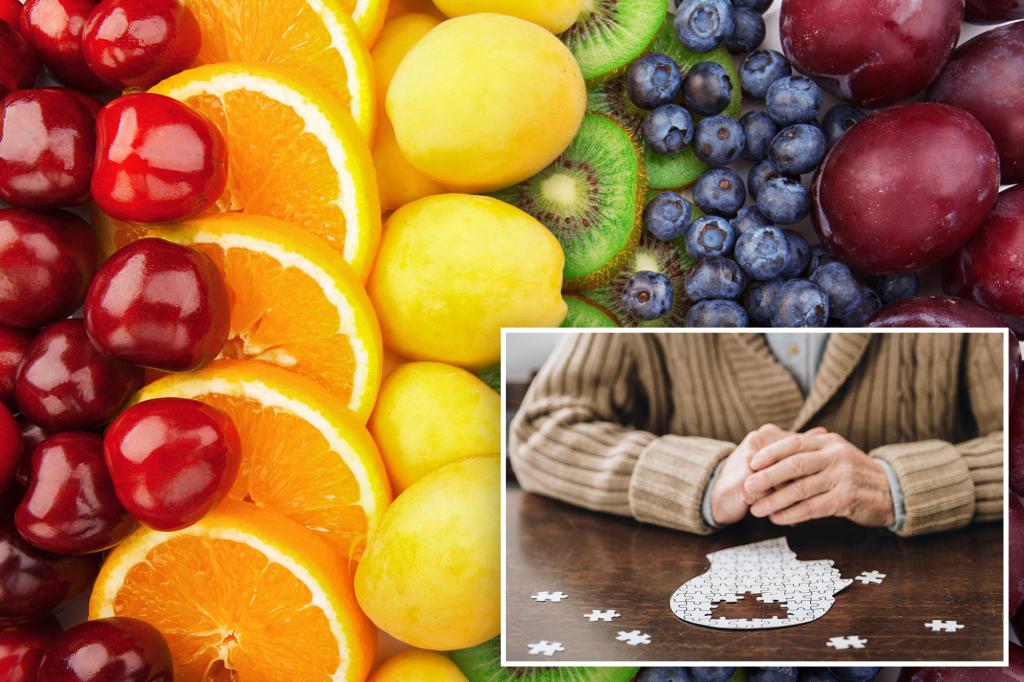Better powder than pie when it comes to Alzheimer’s prevention.
A team of British researchers has discovered a way to turn a popular stone fruit into a potential safeguard against the devastating degenerative disease.
An estimated 6.7 million Americans are living with Alzheimer’s, which slowly erodes memory, cognitive skills and the ability to perform simple tasks.
Previous studies have suggested that cherry consumption can improve cognition among those with mild to moderate dementia, as the ruby fruit is rich in anthocyanins and quercetin — two flavonoids renowned for their antioxidant and anti-inflammatory properties.
This latest study, led by the University of Kent, proposes that processing the fruit into dust can have an even greater impact, as cherries retain more anthocyanin in their powdered form.
The researchers worked with local growers to process cast-off, damaged or discolored cherries into cherry juice, pulp and powder.
Then they measured anthocyanin retention across these forms and found “greater biological activity” in the powder version.
The team is hopeful its findings will be a boon to the brain and sustainability efforts.
“Together we are showing that agricultural by-products don’t need to go to waste — they can become part of the solution to producing sustainable and accessible healthy foods,” Marina Ezcurra, the project’s lead researcher, said in a statement.
The team is also optimistic that its partnership with local growers will inspire similar strategies.
“Our newly discovered innovation is a scientific approach that could be adopted at scale in Kent and other agricultural regions,” Ezcurra said, “and we look forward to carrying out further research to help drive this forward.”
The findings, published in the journal Antioxidants, add to growing support for flavonoids.
Recent research demonstrated that consuming six additional servings of flavonoid-rich foods a day can lower the risk of dementia by 28%, especially for those with high blood pressure, depression and high genetic risk.
In analyzing several types of flavonoids, a 2024 study found that anthocyanin, flavan-3-ol and flavone had the strongest associations with lowered dementia risk. Tea, red wine and berries are top sources of these plant-based compounds.
Experts note that dietary recommendations for Americans don’t mention flavonoids, and research could help draw attention to these critical phytonutrients.
“Is this sort of the first step to saying, ‘OK, we should really be encouraging a certain amount of these foods in the diet?’” Dr. Liron Sinvani, director of geriatric hospital services at North Shore University Hospital, previously told The Post.
“Are there public policies where we can actually highlight foods that are rich in flavonoids?” she continued. “Because this is something that we can all change, sort of like exercise and physical activity, which we know also reduce dementia risk and even improve cognitive reserves in people who already have dementia.”
Read the full article here

